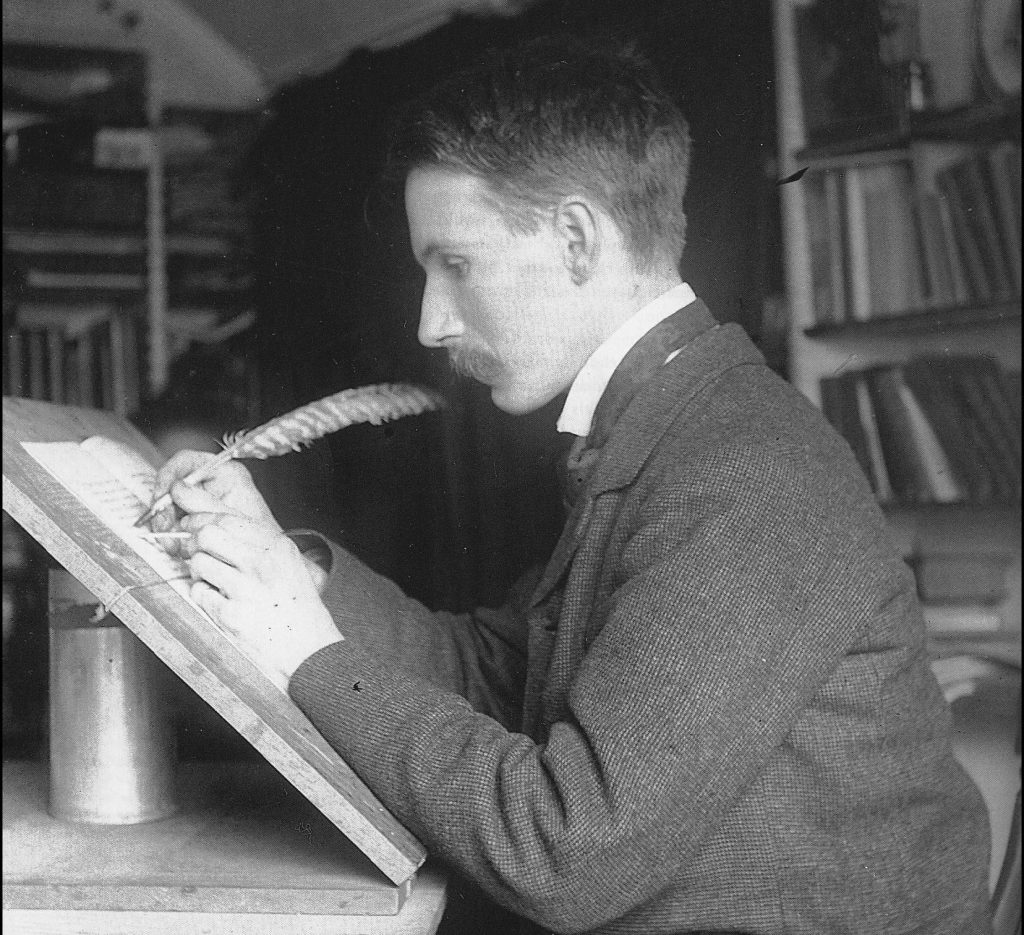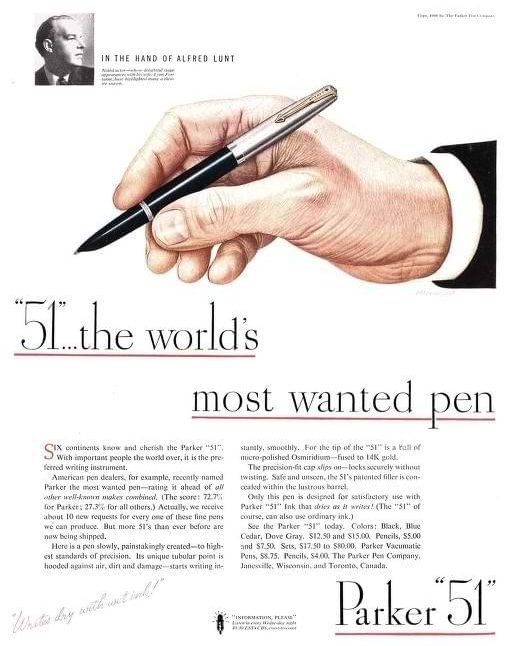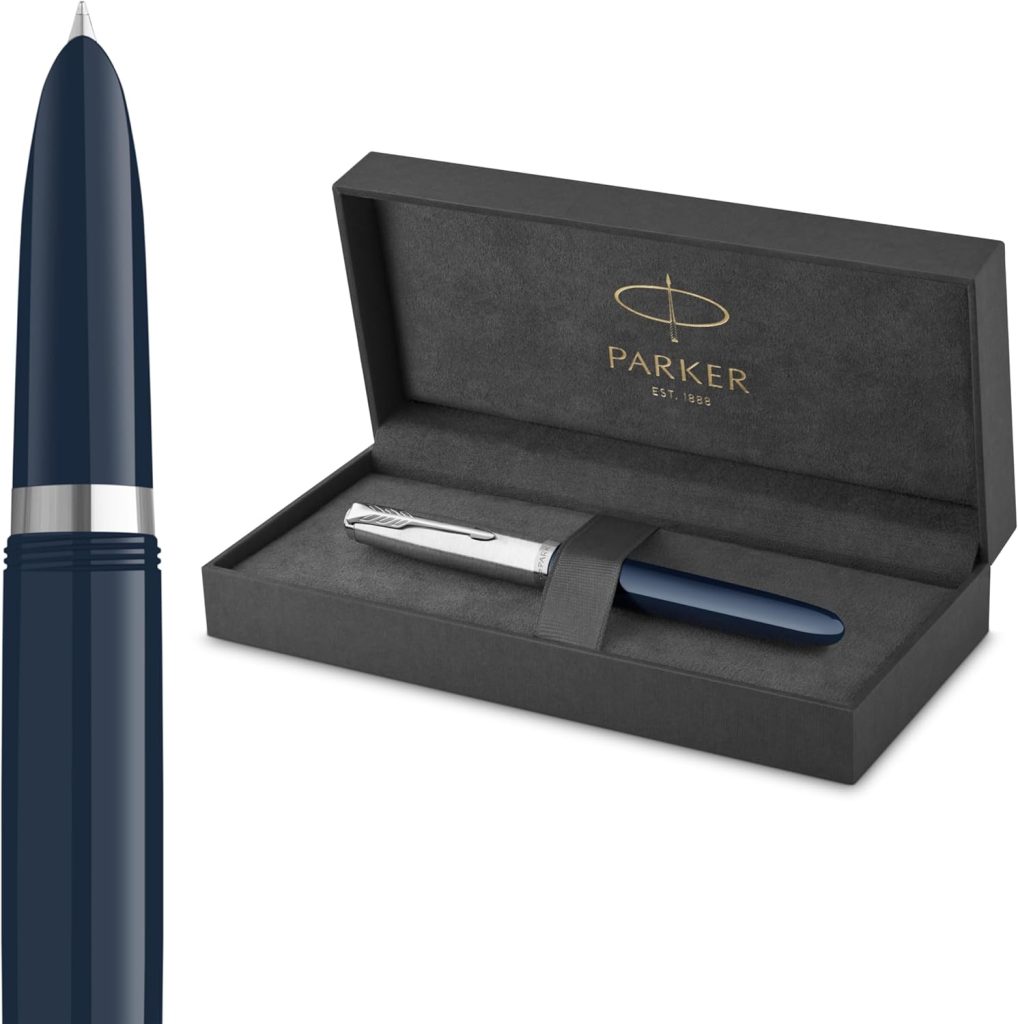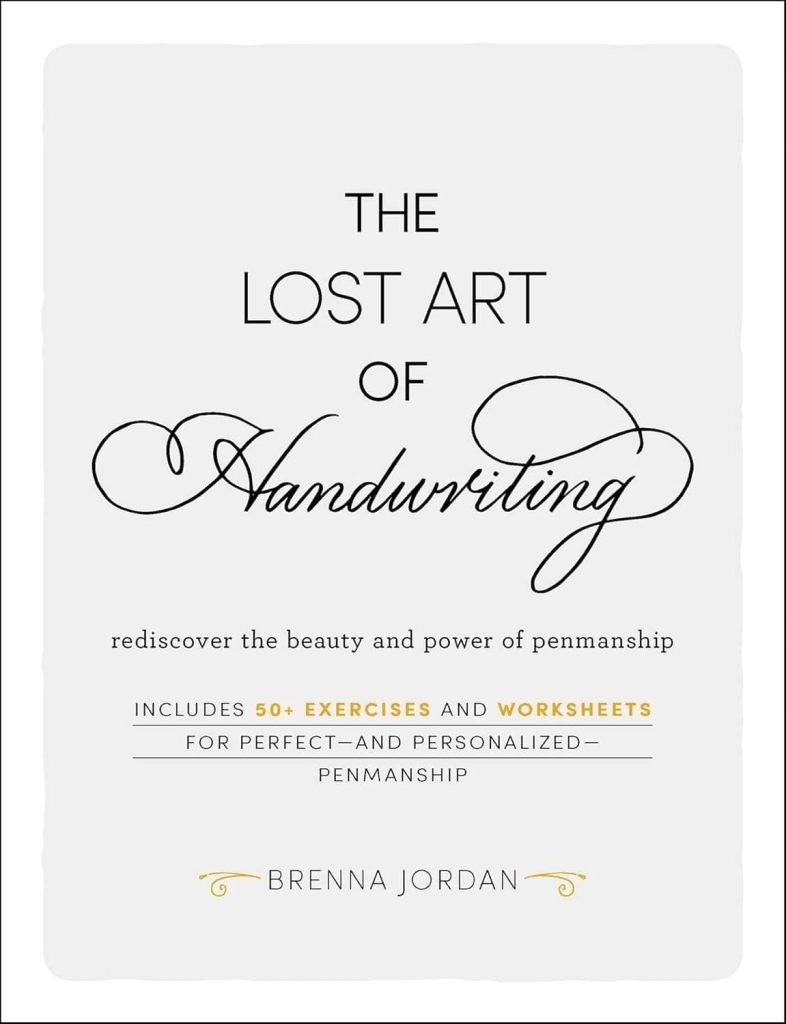In an age dominated by digital communication, where keyboards and touchscreens have replaced pens and paper, the art of handwriting is slipping into obscurity. Yet, for the modern gentleman, mastering the craft of elegant handwriting can be a symbol of refinement, patience, and personal expression.
In this article, we explore the profound connection between the gentleman and the lost art of handwriting, and why its revival holds significance in today’s fast-paced world.
The Historical Significance of Handwriting
Handwriting was once an essential skill, a marker of education and social status. In the 18th and 19th centuries, the ability to craft beautiful script was considered a cornerstone of a gentleman’s upbringing. Calligraphy schools flourished, and penmanship was an art form celebrated in letters, diaries, and legal documents.
The quill pen and ink were tools of both practicality and artistry, immortalizing thoughts and emotions on paper.

Most etiquette literature published in the first part of the 20th century included tips on how to write letters and cards, which you can read about in the book Etiquette Made Easy from 1919. It was considered an important part of etiquette and how we communicated with the outside world.
The shift to typewriters and, later, computers began to erode the prominence of handwriting. However, its historical significance endures, as it represents a tactile connection to culture and tradition.
Handwriting as a Reflection of Character
A gentleman’s handwriting is more than just a means of communication; it is a reflection of his character. The deliberate formation of letters, the precision of strokes, and the rhythm of writing all reveal subtle aspects of personality. In a world where typed fonts are uniform and impersonal, handwriting offers individuality and authenticity.
Consider the handwritten thank-you note. It conveys thoughtfulness, effort, and sincerity—qualities that are often lost in a hurried email or text message. The act of handwriting demonstrates respect for the recipient, making it a timeless gesture of courtesy.
The Meditative Benefits of Writing by Hand
For the modern gentleman, handwriting can serve as a meditative practice. The repetitive motion of pen on paper fosters focus and mindfulness, offering a respite from the distractions of screens. Studies have shown that writing by hand activates neural pathways associated with memory and creativity, making it a valuable tool for personal and professional growth.
Journaling, in particular, allows one to articulate thoughts, set goals, and reflect on experiences. The tactile nature of writing by hand deepens the connection to one’s inner self, transforming it into a ritual of self-discovery.
According to a study, handwriting can also improve fine motor skills in the hands and fingers because it uses different brain functions compared to typing on a keyboard.
The Tools of a Gentleman Scribe


A true gentleman understands that the tools of handwriting are as important as the craft itself. Investing in high-quality writing instruments not only enhances the experience but also underscores an appreciation for fine craftsmanship.
- Fountain Pens: The fountain pen is a quintessential symbol of elegance. Its smooth flow of ink and customizable nibs make it a favourite among handwriting enthusiasts. Brands like Montblanc, Parker, and Lamy offer timeless designs for every taste.
- Premium Paper: The texture and weight of paper can significantly impact the writing experience. Opt for acid-free, archival-quality paper to ensure durability and an enjoyable tactile sensation.
- Ink Varieties: From classic black and blue to vibrant hues, the choice of ink allows for personal expression. Experimenting with different colors can add a unique flair to your writing.
Reviving the Lost Art: Practical Tips for Gentlemen
For those seeking to embrace handwriting as a gentlemanly pursuit, here are practical tips to refine your craft:
- Practice Consistently: Dedicate time each day to writing by hand. Start with simple exercises, such as copying passages from literature or composing brief letters.
- Learn Calligraphy: Consider studying calligraphy to elevate your penmanship. This ancient art form emphasizes precision and beauty, making it an excellent skill for formal occasions.
- Write Letters: Revive the tradition of letter-writing. Sending handwritten notes to friends, family, or colleagues can leave a lasting impression.
- Maintain a Journal: Use a journal to document your thoughts, ideas, and reflections. Over time, this habit can enhance your writing skills and serve as a personal archive.
The Enduring Legacy of Handwriting
In an increasingly digitalized world, handwriting offers a counterbalance—a way to slow down, connect, and create. For the gentleman, it is not merely a nostalgic pursuit but a deliberate choice to honour tradition and cultivate grace in expression.
By embracing the lost art of handwriting, the modern gentleman stands apart, exemplifying poise and sophistication in a world that often values speed over substance.
As the ink flows from pen to paper, the gentleman revives a timeless art, leaving a legacy of words not only seen but felt—a true testament to the enduring power of handwriting.



